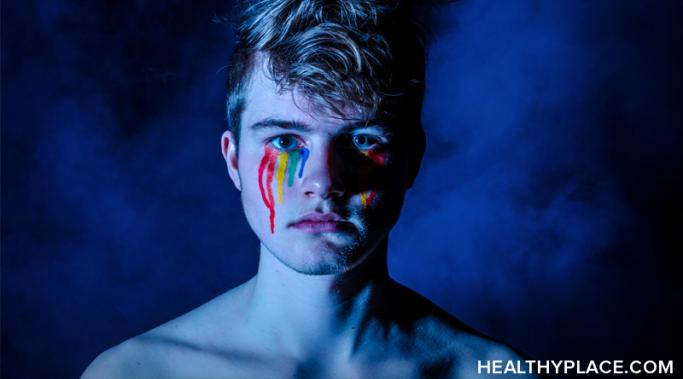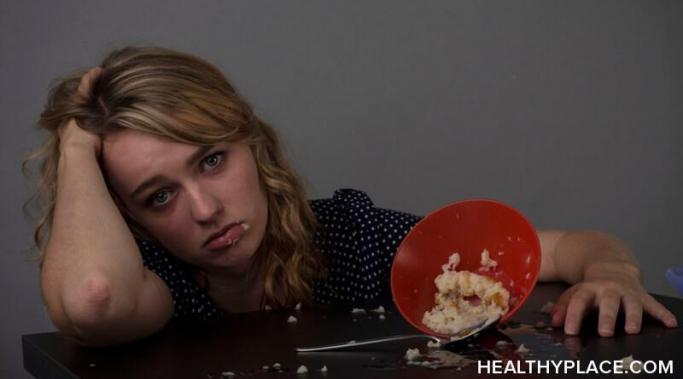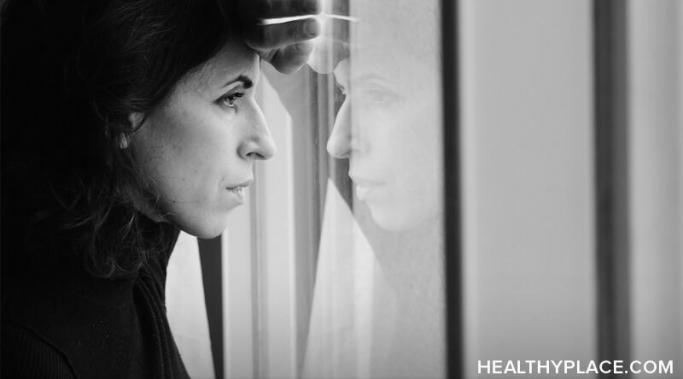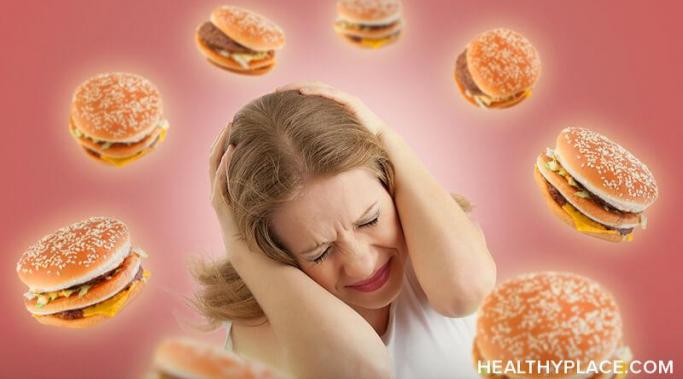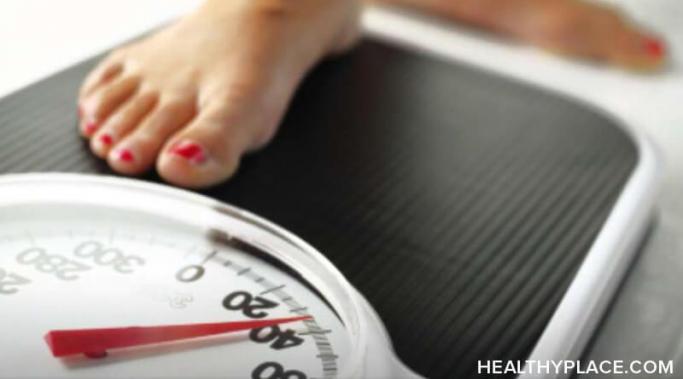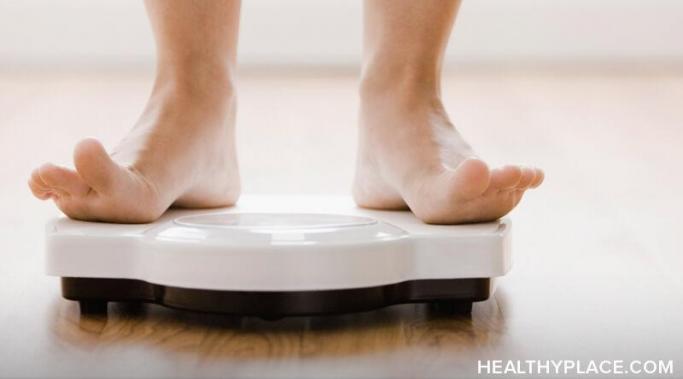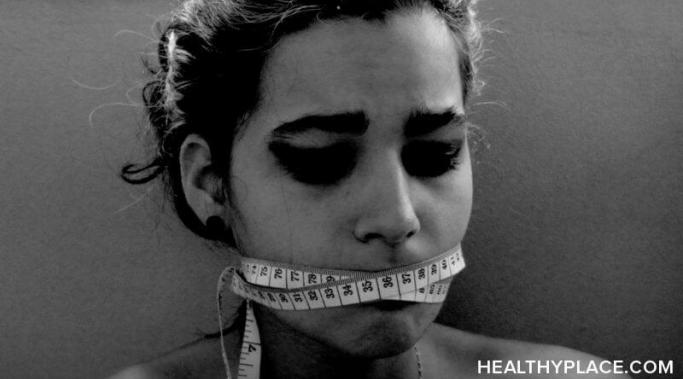While anorexia, bulimia, and other related illnesses can affect the members of any population, evidence shows eating disorders have a disproportionate impact on youth in the lesbian, gay, bisexual, transgender, queer (LGBTQ) community. As of 2018, more than 50 percent of U.S. residents between the ages of 13 and 24, who self-identify as LGBTQ, have suffered from an eating disorder at some point in their lives. This research is based on a nationwide survey of 1,034 people within this demographic, and it stands to reason, this steep percentage is a result of the unique obstacles or traumas that LGBTQ individuals often experience. So let's discuss how eating disorders can impact youth in the LGBTQ community—and how to support those who face this painful reality.
Anxiety and Eating Disorders
As if this illness was not destructive enough already, a harrowing trend has developed in recent years, whereby the presence of eating disorders in young children has become more and more rampant. In fact, the number of children under the age of 12 who exhibit symptoms of an eating disorder has risen to the extent that anorexia and bulimia are now more common pediatric illnesses than type-2 diabetes. This is an alarming data point and combined with the reality that eating disorders are often undiagnosed or inadequately treated, this leaves many children at an increased risk for complications in both their physical growth and mental health as they become older. For this reason, it is crucial to understand how to identify the presence of eating disorders in young children, then to seek prompt and thorough intervention for them.
The prevalence of food shaming rituals around the holiday season presents an absurd contradiction. This time of year is undeniably food-centric, and there are both positive and negative implications for that. I will first address the positives—a shared meal is enriching, communal, intimate, and nostalgic. The experience is social, the atmosphere is filled with connection, and the memories created at the table become cherished family traditions. But in many cases, eating seasonal foods like mashed potatoes, biscuits, turkey, and stuffing can punctuate the mealtime with guilt, remorse, or insecurity. And that's when food shaming comments or behaviors materialize. This ritual is often distressing for people who face issues with body image and disordered eating, so I want to examine why food shaming intensifies around the holiday season and how to mitigate its adverse effects.
Have you considered practicing mindfulness after a meal? In eating disorder recovery, mindfulness is a coping skill that's generally considered useful during a meal, but practicing mindfulness after a meal can be just as effective. Regardless of what stage you're at in the recovery process, there are still many complex emotions which can tend to surface after consuming a meal, and when they do make an appearance, it's important to equip yourself with a game plan to address those feelings constructively. This is where practicing mindfulness after a meal may help you.
Eating disorder deaths can be compared to a slow suicide. It often goes without saying, there are severe physical and psychological effects associated with an eating disorder—but are you aware that every 62 minutes, a person dies from the complications of an eating disorder? This makes an eating disorder the deadliest of any mental illness on record. The reason that an eating disorder is so harmful and potentially fatal is that it impacts both the sufferer's mind and body. If untreated, this destructive combination can turn an eating disorder into a tortuous and slow suicide attempt.
Has the anxiety surrounding "fear foods" hindered your progress in eating disorder recovery? Do you feel motivated to embrace healing, but you just cannot seem to overcome the inner panic that clenches your stomach when faced with a plate of spaghetti, box of donuts, or slice of pizza? Are there categories of food you have labeled "safe" and other categories you're still terrified of biting into? If you can relate to any of these scenarios, then you've allowed fear foods to hinder your eating disorder recovery—and the quickest approach to neutralizing that fear is challenging it head-on.
The fear of weight restoration is one of the most frightening and challenging mental blocks to conquer in eating disorder (ED) recovery. When you are malnourished from starvation or binging and purging, the first step toward physical healing is to stabilize your weight in a healthier range. This can also be the scariest part of the whole eating disorder recovery process because gaining weight means surrendering that intense and desperate need for control. It means rejecting the illusion that being the "skinniest person in a room" equals success, worth or beauty. It means being forced to accept that you're more than a body, and you are lovable no matter what the scale reads. Without the buffer of weight manipulation to cower behind, you feel exposed in a way that is often uncomfortable and unfamiliar. But shedding this layer of defense is not just a life-saver—it's a turning point to freedom. Here are some practical interventions for conquering the fear of weight restoration in ED recovery.
Your eating disorder has its own personality. In fact, if you have spent any length of time under the possessive, domineering influence of an eating disorder, you know the illness can turn you into a different person altogether. You have probably felt the sensation of watching your actions as though from a distance, ashamed at the erratic behavior, yet helpless to regain control. You have likely experienced the reckless thoughts and wild emotions that breed impulsive choices and abrupt reactions. You can detect when the eating disorder hijacks your brain and all of a sudden, you are operating from a place of anxiety and fear. You are no longer, well, you. Your eating disorder personality has taken over.
The lies your eating disorder tells you will prevent your recovery. The eating disorder masquerades as your closest friend and trusted confidant, but it is a fraud, and the lies your eating disorder tells you saturate your brain and hold you back from eating disorder recovery. The more entrenched those lies become, the more fearful you are of envisioning a future that doesn’t revolve around the eating disorder. You’re trapped in a vortex of wanting to escape its death-grip but wondering if you’ll have a sense of purpose or an identity without the eating disorder. The eating disorder is a persuasive storyteller—I believed it for decades, and am often still tempted to again. But those lies that your eating disorder tells you to hold you back from eating disorder recovery aren't worth pursuing once you know the truth.
Why can the loss of control cause an eating disorder? When you lose control in certain areas of your life, this can spiral into the "perfect storm" for an eating disorder to emerge. From unhealthy relationships to unstable environments to unforeseen circumstances, feeling out of control is a turbulent emotion that can provoke you to engage in frantic and reckless behaviors. In the effort to regain a sense of equilibrium, it's common to fixate on the one aspect of yourself which seems controllable—your body. But while this coping mechanism provides a fleeting distraction from all the chaos around you, the truth remains that as you plunge deeper into the eating disorder, you're not in control anymore—it's now controlling you.
